Given the increase in popularity of prospecting and selling through social media these days, it's important that you understand not only the benefits of using social media for your business, but also the risks.
It's never our intention to make you fearful, but being conscious of the potential risks of doing business with people you don't know could save you from significant jeopardy and loss, and save your company and brand from both financial and reputational damage.
Whether you're sharing your business with potential partners, helping us find new travel agents or selling travel to customers, you should know - or get to know - who you're dealing with.
With recruiting, you're allowing someone inside your company, sharing (and risking) the same brand that underpins your business, your investment and your future.
With travel sales, especially airline tickets, selling to a stranger opens up the door to rampant credit fraud which is most often associated with terrorism, drug distribution and human trafficking. Let's face it, no one needs to reach out online to a travel agent they don't know and have no connection with to purchase an airline ticket when there are so many other options. So there's a reason it's happening. These online inquiries are almost always fraudulent.
In both cases, you open yourself up to association with criminal activity and financial claims - you could be liable for restitution, penalties or prosecution.
But don't worry, because it's so easy to avoid the danger.
Here's a checklist we recommend to protect yourself, your business and all your business partners who share the brand. Take these steps before you make the sale:
1. First, the power of our business is in personal relationships and networking. That's where we thrive because there's trust and care inherent in those connections.
If you go beyond your existing relationships to people you don't know, ask yourself: "Does anyone I know and trust know this person?" If yes, do they recommend them?
If "no" to above, it's imperative that you find out more about this person or you've just spun the chamber:
- Google their name and other details for online reputation. We've seen very serious situations where a simple google search would have revealed a criminal history!
- Check their Facebook account for reasonable behavior.
If met in person, size them up. In appearance, demeanor, look for red flags that indicate this is not someone you want as a partner or customer.
2. Ask questions - about their travel or business experience, their family, education, hobbies. These are reasonable things to ask that will help you work with them or provide service to them.
Do they belong to any professional associations (an indication of credibility) or hold positions (responsibility)?
3. If you decide to do business with them, be sure to use the credit card authorization form and travel insurance waiver.
For the first transaction, explain that you need a photocopy of their credit card front/back and government ID. These are great steps that show you're a professional and could prove later that you tried to be responsible, if the situation were to turn negative.
These techniques will weed out anyone with bad intentions. It's just easier for them to pick someone else to defraud.
Look, you wouldn't trust your kids to a babysitter you didn't know. Why would you trust your business to a stranger? We know you want to grow a healthy successful business and avoid surprises and unnecessary risks, so remember: it's not "every warm body" but "every good body".
There's plenty of business out there. Don't gamble with this.
Choose wisely for all of us.



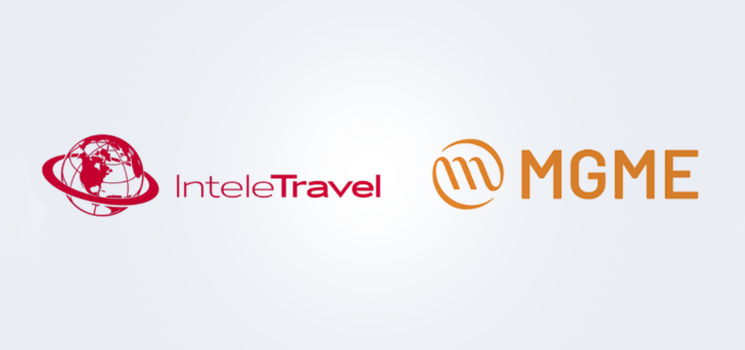
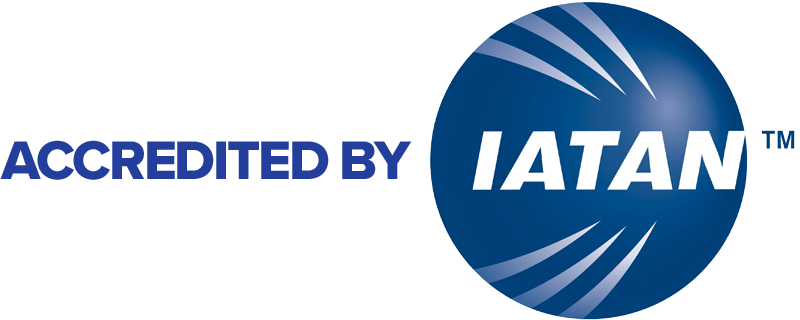
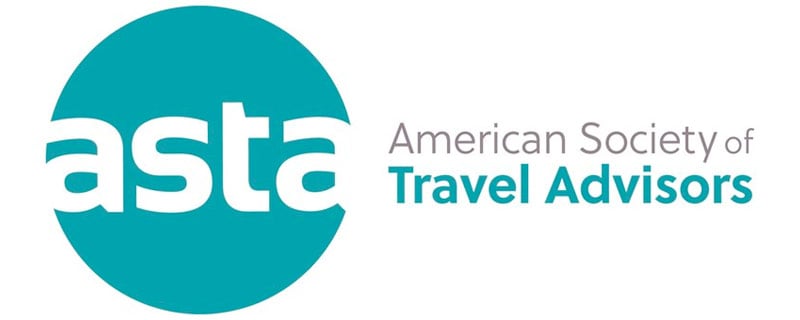


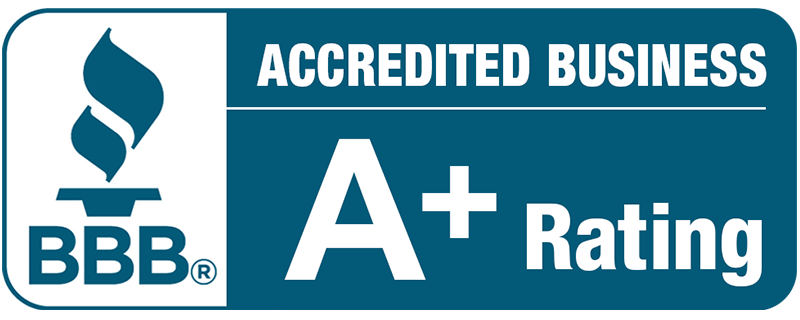
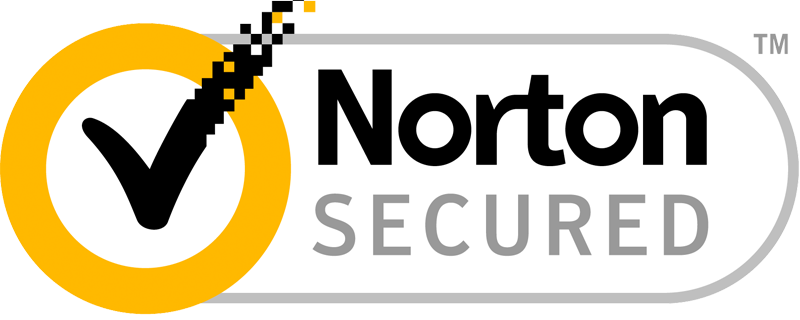
Leave a comment